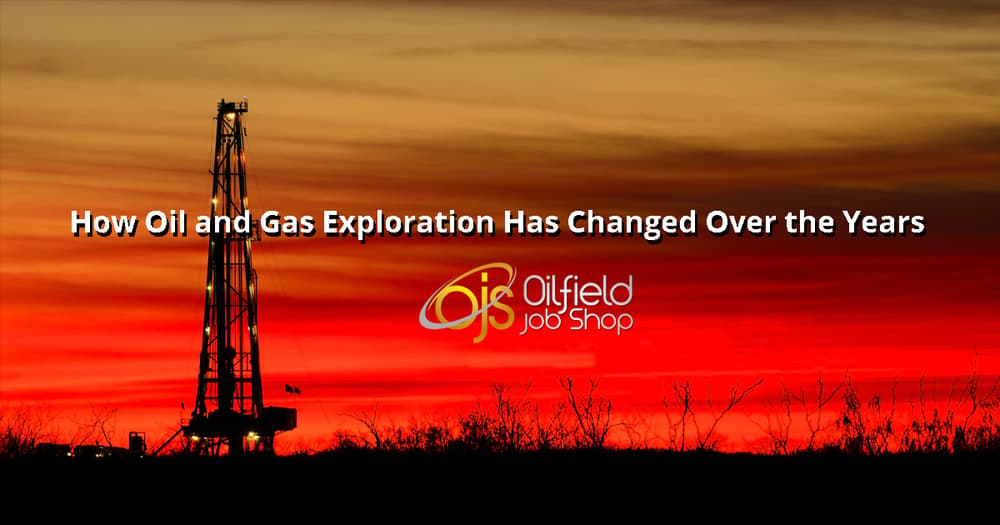The oil and gas exploration has evolved tremendously the last decades since the first oil well was drilled. The first know oil well was drilled by Chinese in the year 347 AD but according to Herodotus and confirmed by Diodorus Siculus, asphalt was used in the construction of the walls and the towers of Babylon.
During the year 1264 Marco Polo witnessed on Baku, Azerbaijan today the first oil exploration activities after many centuries since the last refer to oil was made by historians. Moreover one of the first onshore wells was drilled on Baku during the year 1594, its depth was 35 meters (115 ft).
Some more historic facts about oil:
- During the year Russian 1848 engineer F.N. Semyenov had drilled one of the first professional wells on Asia (North – East of Baku)
- The world's first oil refinery was built in 1856 by Ignacy Łukasiewicz
- From 1920s until 1960s we had major technological improvement for oil and gas industry, such as Well logging, Seismic survey and horizontal wells
- From 1960 until today industry start and uses Enhanced oil recovery technics, 3-d seismic surveys and fracking
One of the major challenges for oil and gas industry it was the exploration and production on the sea or else offshore. Offshore exploration involves many kinds of oil and gas platforms such as offshore fixed, multi platforms and subsea manifolds. Also huge achievements of structural and petroleum engineering are known as FPSO and FLNG vessels.
The last 30 years we had the rise of using natural gas instead of oil and many analysts predict that this is the gold century for gas. Countries like Turkey, Iran, Russia, USA and lately China use huge quantities of natural gas for electricity production. The last decade new technologies like Hydraulic Fracturing and horizontal drilling enable USA to develop its unconventional resources like shale oil and gas. The rise of unconventional resources continued from Canada with the development of its huge reserves in the oil sands. Oil sands are a natural mixture of sand, water, clay, and bitumen, usually to be found 70 meters (200 ft) from the surface but the majority is deeper underground. So it is obvious that the future development of the extraction of oil and gas reserves (conventional and unconventional) depends on many factors and aspects, these are:
- Future global demand for oil and gas.
- Global oil and gas prices.
- Discovery of new extraction technologies.
- National and international policy regarding energy security of supply.
- Environmental social and legal issues regarding the exploration of oil and gas reserves, for instance oil sands, shale gas and oil from the Arctic Circle
Finally to mention that the history of the exploration does not stop here, the last decade we have significant improvements regarding the commercial exploration of Methane Hydrates global reserves which according to the international oil and gas community can give energy independence to the whole world for centuries. To simplify this; Methane is trapped in a molecular cage which is surrounded by water molecules. Although, two disadvantages regarding the future development of Methane Hydrates are:
- High cost of development
- Future environmental hazards because the possibility of releasing Methane to the atmosphere
The future of oil and gas exploration will be a journey with many global business, technical, geopolitical, technological and economic aspects.
“Michel Collon a Belgian writer, journalist, and historian claims that if you want to control the world, you must control the oil, all the oil everywhere in this planet.”
My estimation for the period after 2020 is that the geopolitical trend-message which could dominate the thought process of the policy makers worldwide will be:
“If you want to control the world, you must control the methane hydrate deposits, all the methane hydrates deposits everywhere in this planet.”

